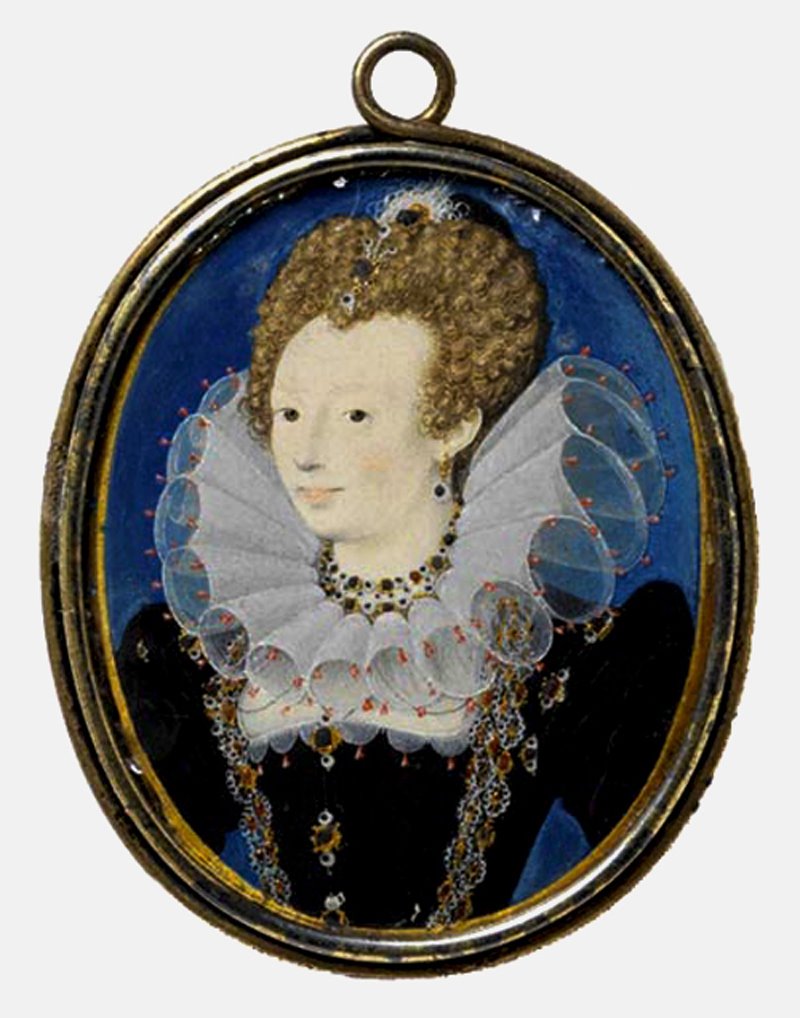When I say "Stella," I do mean the same
Princess of Beauty, for whose only sake
The reins of Love I love, though never slake,
And joy therein, though nations count it shame. ~Sir Philip Sidney, Astrophel and Stella
I have always been interested in learning more about Penelope Devereux, great granddaughter of Mary Boleyn, daughter of the notorious Lettice Knollys, sister of the doomed Robert Devereux, and cousin of Elizabeth I. They say Penelope and her mother both had dark eyes like Anne Boleyn's. And since Penelope's grandmother Catherine Carey may have been the daughter of Henry VIII, then Elizabeth I was probably their cousin on her father's side as well as on her mother's. A star in the waning years of the Virgin Queen, Penelope's beauty and gifts were immortalized by the poet Sir Philip Sidney in Astrophel and Stella. Novelist Tony Riches has once again brought the Tudor era to life, creating an authentic historical heroine. From the author's website:
Lady Penelope Rich is one of the most beautiful and sought-after women in Elizabethan England. The daughter of the Earl of Essex, she is married to the wealthy Baron Robert Rich. Penelope's life is full of love and scandal. The inspiration for Sir Philip Sidney’s sonnet Astrophel and Stella, she is caught up in the Essex Rebellion.
A complex and fascinating woman, her life is a story of love, betrayal, and tragedy.
“This is a woman who lived life on her own terms, and her story will stay with you long after you finish reading it.” (Read more.)
The ladies of Elizabethan England were known for their learning and culture, which had been established by King Henry VIII and his insistence upon higher learning for his own daughters, although they had been declared illegitimate. The descendants of Mary Boleyn, cousins of Queen Elizabeth, were known for their beauty and intelligence, but Penelope Devereux stood out for her exceeding loveliness, wit, and charm. Sadly, after her mother's marriage to the Earl of Leicester, and subsequent fall from favor with the Queen, Penelope and her siblings were placed in the care of a Puritan family. She was then married against her will to the wealthy Robert Rich, a descendant of the nasty Richard Rich who betrayed St. Thomas More. It was particularly tragic for Penelope since she had hoped to marry Sir Philip Sidney, the poet-warrior who truly loved her. Rich was a Puritan and a harsh, unloving husband. The novel lays bare the sufferings which many woman had in arranged marriages. The rigorism of the puritanical attitudes were soul-crushing for Penelope; when everything is bad then nothing is bad. Yet Penelope is shown to be loving and welcoming to every child sent to her, which is no doubt authentic. Babies were seen as gifts from God rather than burdens. Meanwhile, Penelope's family, especially her brother the Earl of Essex, were in and out of trouble. Essex ends rebelling against the Queen and compromising Penelope. Penelope's marriage had by that time broken down and she lived with Charles Blount as his mistress, having several more children. But sorrow and tragedy were always a breath away for anyone close to the throne in Tudor England. For those who love to visit the past in books, Tony's recent novel is a must-read.
 | ||
| Penelope, Baroness Rich |
 |
| Sir Philip Sidney |
Share


















No comments:
Post a Comment